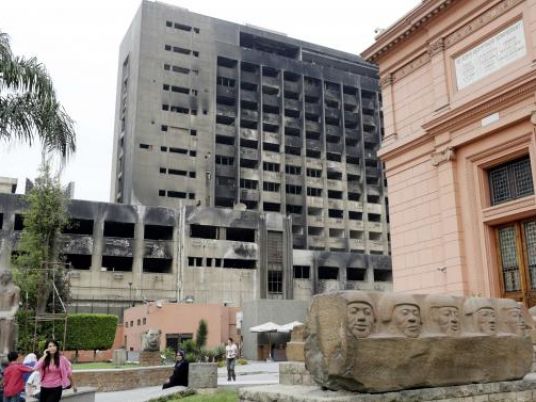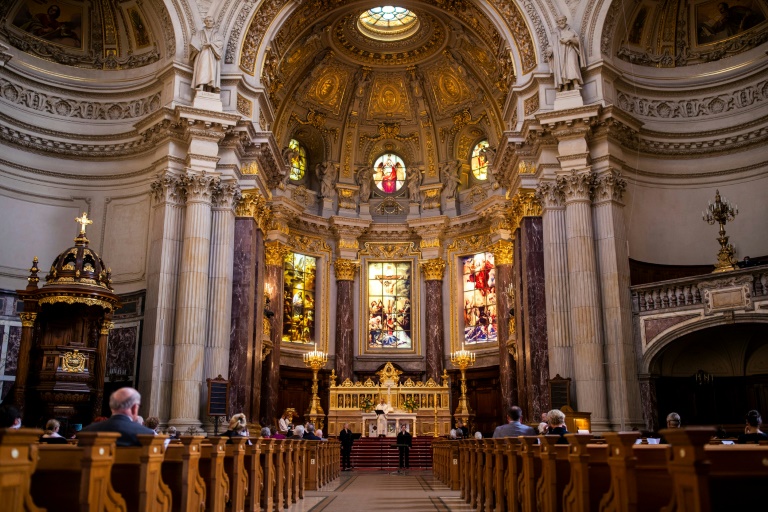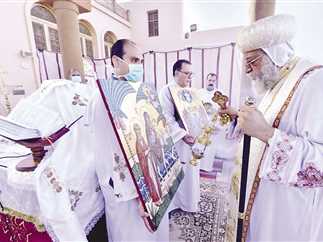In a recent op-ed, Michael Mounir, head of the US Copts Association, wrote:
"Never in the history of politics has a party exploited a single segment of society in the way that the ruling National Democratic Party (NDP) has done with Copts of Egypt, with little returns. The NDP's manipulation and blackmail of the Copts manifests itself in various ways and election season is the time when the NDP most blatantly sucks the blood of Copts, and then leaves them on the street to bleed with nothing gained. When the elections were monitored by judges, Coptic votes were valuable and the party made all kinds of promises to the Church and the people, especially in the last presidential elections. After the NDP won, with Copts rallying behind the party, it offered them nothing in return.
Pope Shenouda intervened personally in the last presidential election to mobilize Coptic votes for President [Hosni Mubarak], leaving many Copts with high hopes that the state would deal seriously with their issues. In the end, the Copts gained nothing but broken promises and the deepest disappointment. The NDP has nominated only 5 Copts, out of 800 candidates, for the November parliamentary elections. What's most baffling is that the Copts voted for the party in unprecedented numbers, exceeding all expectations, so distinguished party leaders can not use the excuse that Copts don't vote. "
These lines deserve our attention because they represent a problematic model that dominates how Copts deal with the NDP, and vice versa. At its core, the model relies on the manipulation of an entire group–a sectarian bloc–for political gain. In reality, this approach is incapable of producing a healthy political situation.
In the first instance, Copts are to blame because they allow themselves to be collectively manipulated in hopes of reaching solutions to their political problems. It's strange that after all these years of being used politically, Copts fail to recognize that a better approach would be to end their manipulation as a sectarian bloc, and instead participate in the political process as individuals. Individual political stances based on democratic convictions are the only way to solve ongoing political problems. That is certainly more preferable than declaring loyalty, en masse, to the ruling party only to be met with unfulfilled promises.
The real problem, which Michael Mounir exemplifies in his writings, is that Copts insist on maintaining a unified political stance as Copts, which ultimately leads to their isolation. Mounir believes Copts must respond to being ignored by the NDP. His suggestion: "Take down the NDP candidates, without exception, and stand by independent Copts and opposition candidates, for the age of bargains has ended."
This mentality will not work. Copts are not like the Maronites in Lebanon; they are not a single political group. Egyptian Copts are composed of different social classes and hold very different political opinions. Such internal cleavages have become less apparent since the relationship between secular Copts and clerics was mended, to the advantage of the clergy that has come to represent the political voice of Copts. Since then, the secular voice has all but disappeared, and the church has become the sole authority in charge of negotiating Copts' politcal future. For this reason, Coptic votes have remained a bargaining chip between the NDP and political authorities on one hand, and the Church on the other. ،
Islamic fundamentalism, which has violently targeted Copts and resulted in their social and political marginalization, is also to blame for the increasing grip of the Church over the Coptic community. Many Copts are left feeling that all they have is their religious sense of belonging. However, re-asserting the power of Copts as a unified political bloc will not put an end to this infernal chain of events. The solution is for Copts to engage in a broader democratic framework of political participation. It's time to recognize that allowing oneself to be manipulated is the wrong way to go. It turns Copts into a card to be played at times and frightened at others, and jerked around by false hopes and empty promises.
Translated from the Arabic Edition.




